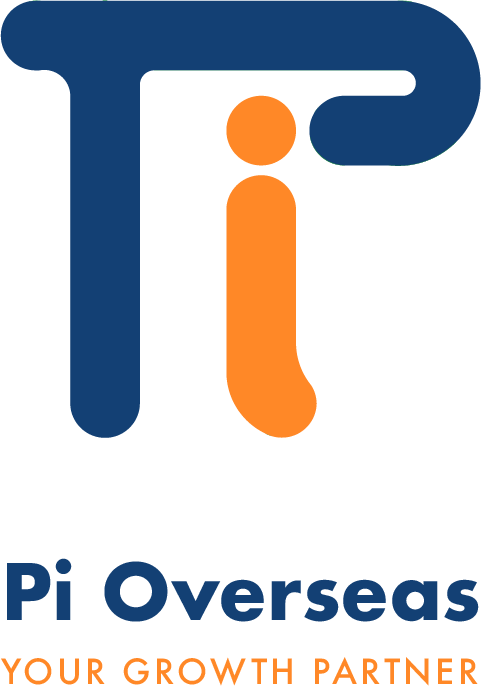The IRCC holds a lottery and invites about 30,000 parents and grandparents to help immigrate to Canada.
The Parents and Grandparents Program (PGP) once again provides a lottery.
The lottery is scheduled to be held on the week of September 20, 2021, after which an invitation will be shared within the span of two weeks. It will take 60 days for the invitees to submit their support requests to the Canadian government.
These and other details of PGP 2021 were revealed by Minister for Immigration Marco Mendicino at a press conference in Colombia, UK at 5 p.m. Eastern time today.
Immigration, Refugees, and Citizenship Canada (IRCC) will attract 30,000 candidates who were previously interested in the aid scheme from last October to November 2020 in the PGP admissions window.
In the short term last fall, Canadian citizens and eligible permanent residents filled out an online application form to inform the IRCC that their parents and grandparents would be eligible for Canadian permanent residency.
As a result, the immigration department randomly selected 10,000 potential sponsors in January 2021. Another 30,000 applicants will be hired by the end of the year, according to the IRCC, who will also use the same lottery process. Those who were willing to sponsor in 2020 but have not been invited to apply are most likely to consider the upcoming PGP 2021 lottery.
IRCC strongly encourages candidates to keep the information, including your contact information, posted on the IRCC website last fall.
PGP helps parents and grandparents of Canadian citizens and permanent residents migrate to Canada. Parents and grandparents approved under the program will be eligible for permanent residency and can later apply for Canadian citizenship.
Key Eligibility Factors For PGP
Individuals wishing to be brought to Canada under the PGP who are looking for their parents or grandparents must meet the eligibility requirements for the program.
Applicants for PGP assistance must be 18 years of age or older, have Canadian citizenship, permanent residency, or first-country status, and have the ability to support the family members they help.
Donors also prove that they have enough income to support all family members who receive financial responsibility, including themselves, once they receive assistance. Therefore, all applicants are encouraged to check how much money they need to support the number of economically responsible people before applying for PGP.
Minimum Necessary Income (MNI) is an important qualifying factor for PGP. The IRCC assesses each MNI for each of its supporters in 2020, 2019, and 2018 tax years. This proof of necessary income is provided only after the interest in the aid has been expressed through the online form. However, candidates who have been selected and invited to apply but does not meet Minimum Necessary Income (MNI) requirements will see their application rejected.
Due to the Coronavirus infection, the IRCC will only evaluate MNI's in the 2020 tax year, but it will not evaluate normal MNI's and 30%. In addition, applicants can count on Employment Insurance (EI) benefits and Canada Emergency Response Benefits (CERB) for their MNI's for the 2020 tax year.
Sponsors and their signatories residing outside Quebec province, who are invited to apply, are required to provide a Notice of Assessment from the Canadian Revenue Agency (CRA) for each of the three tax years described above.
Quebec is asking for potential supporters and their co-signers (if possible) to show that they have enough financial resources to support their families in the last 12 months, rather than a three-year income claim elsewhere in Canada.
The income of individuals who want to support their parents or grandparents and live in Quebec has been assessed by the Quebec Ministry of Immigration in accordance with the province’s income requirements.
The IRCC and the Quebec government both require interested supporters to sign. This determines how long the beneficiary will be financially responsible to the family members they help from the time they become permanent residents of Canada.
The duration of 20 years is given for the undertaking for parents and grandparents in all Canadian provinces except Quebec. For Quebec residents, the promise lasts 10 years.














0 Comments